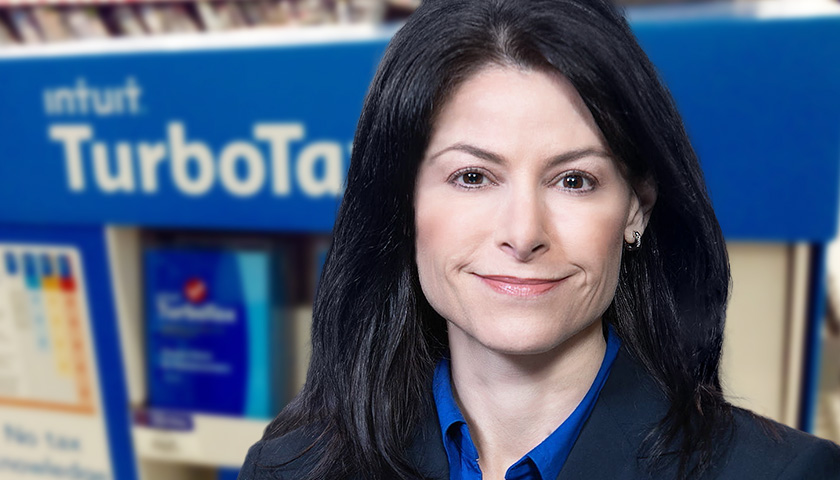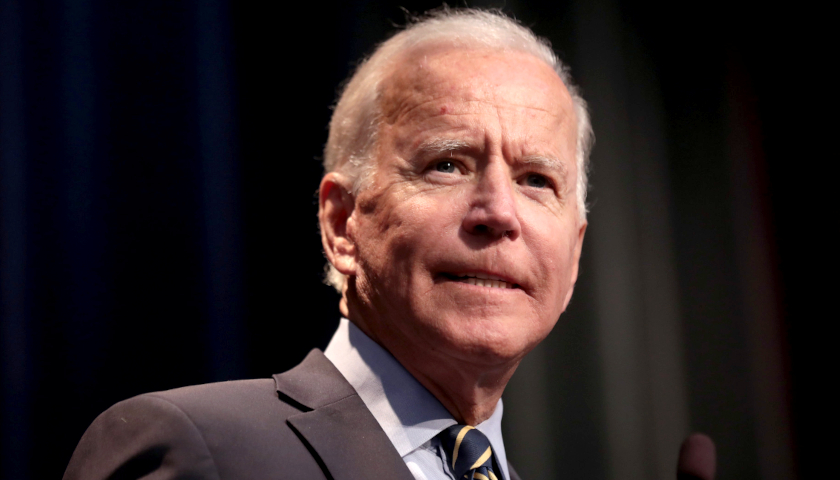by Scott McClallen
About 115,000 Michiganders should receive payments totaling more than $3.5 million from Intuit, the owner of TurboTax, for deceiving consumers into paying for tax services that should have been free.
As part of a multi-state agreement, Attorney General Dana Nessel said Intuit will pay $141 million in restitution nationally to millions of consumers it unfairly charged for a free service.
“This agreement is a united, bipartisan approach to ensuring our consumers are protected against deceitful tactics related to tax services,” Nessel said in a statement. “I’m proud of the work our team did to secure this money for Michiganders. Those who will receive a reimbursement do not need to do anything – your payment will be sent to you directly.”
TurboTax joined a free tax filing system, and in exchange, the U.S. Internal Revenue Service didn’t compete with Intuit and other tax-prep companies. However, TurboTax didn’t distinguish well between the TurboTax IRS Free File product that was free for 70% of taxpayers, while it aggressively marketed its “freemium” product only free for about 33% of taxpayers.
The settlement says Intuit bid on paid search advertisements to direct consumers looking for the IRS Free File product to the TurboTax “freemium” product.
Intuit also purposefully blocked its IRS Free File landing page from search engine results in the 2019 tax filing season. Moreover, TurboTax’s website included a “Products and Pricing” page that stated it would “recommend the right tax solution” but never displayed or recommended the IRS Free File program, even when consumers were ineligible for the “freemium” product.
Under the agreement, Intuit will refund millions of consumers who started using TurboTax’s Free Edition for tax years 2016 through 2018 and paid to file despite eligibility for the free programs.
Consumers can expect to receive a direct payment of about $30 for each year that they were deceived into paying for filing services. Intuit has also agreed to:
- Stop making misrepresentations in promoting or online tax preparation products.
- Enhance disclosures in marketing free products.
- Design its products to inform users better whether they will be eligible to file their taxes for free.
- Stop requiring consumers to restart their tax filing if they exit one of Intuit’s paid products to use a free product instead.
- Suspend TurboTax’s “free, free, free” ad campaign that lured customers with promises of free tax preparation services, only to deceive them into paying for services.
Intuit withdrew from the IRS Free File program in July 2021. Of the $141 million in restitution, roughly $2.5 million will be used for administrative fund costs.
New York and Tennessee led the multistate investigation with support from the attorneys general of Florida, Illinois, New Jersey, North Carolina, Pennsylvania, Texas, and Washington.
– – –
Scott McClallen is a staff writer covering Michigan and Minnesota for The Center Square. A graduate of Hillsdale College, his work has appeared on Forbes.com and FEE.org. Previously, he worked as a financial analyst at Pepsi.
Photo “Dana Nessel” by Michigan.gov. Background Photo “TurboTax” by Mike Mozart. CC BY 2.0.








